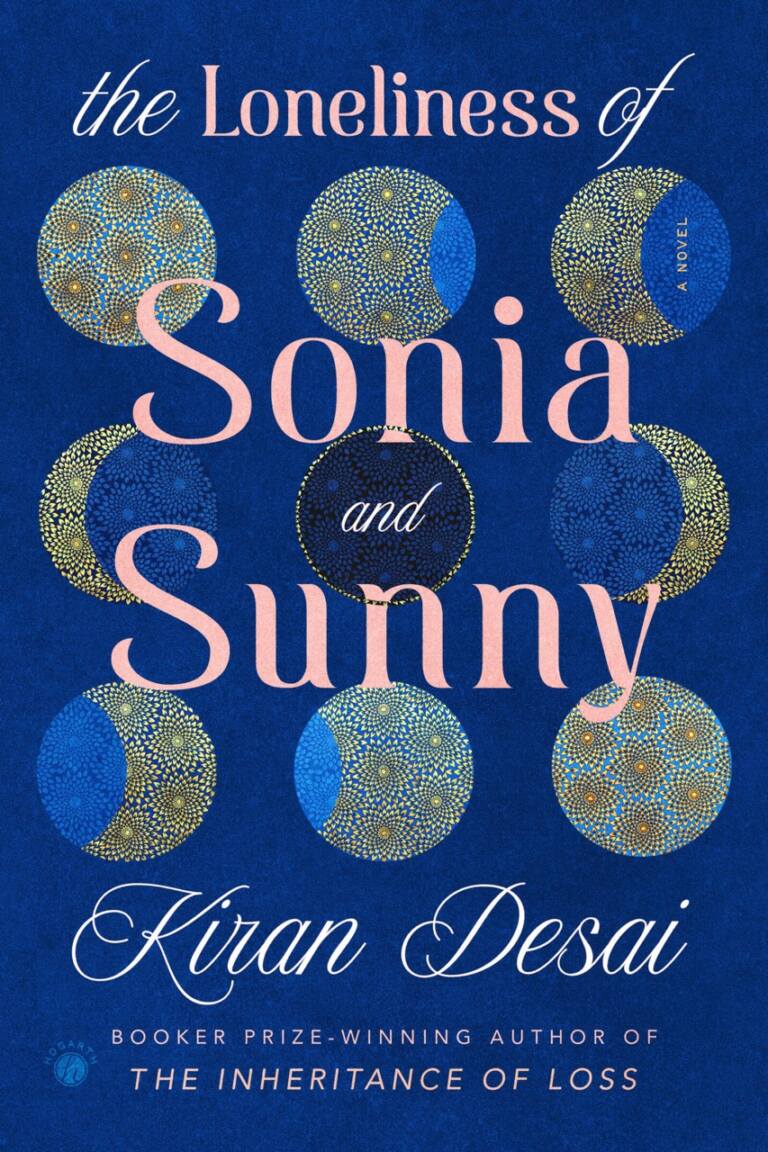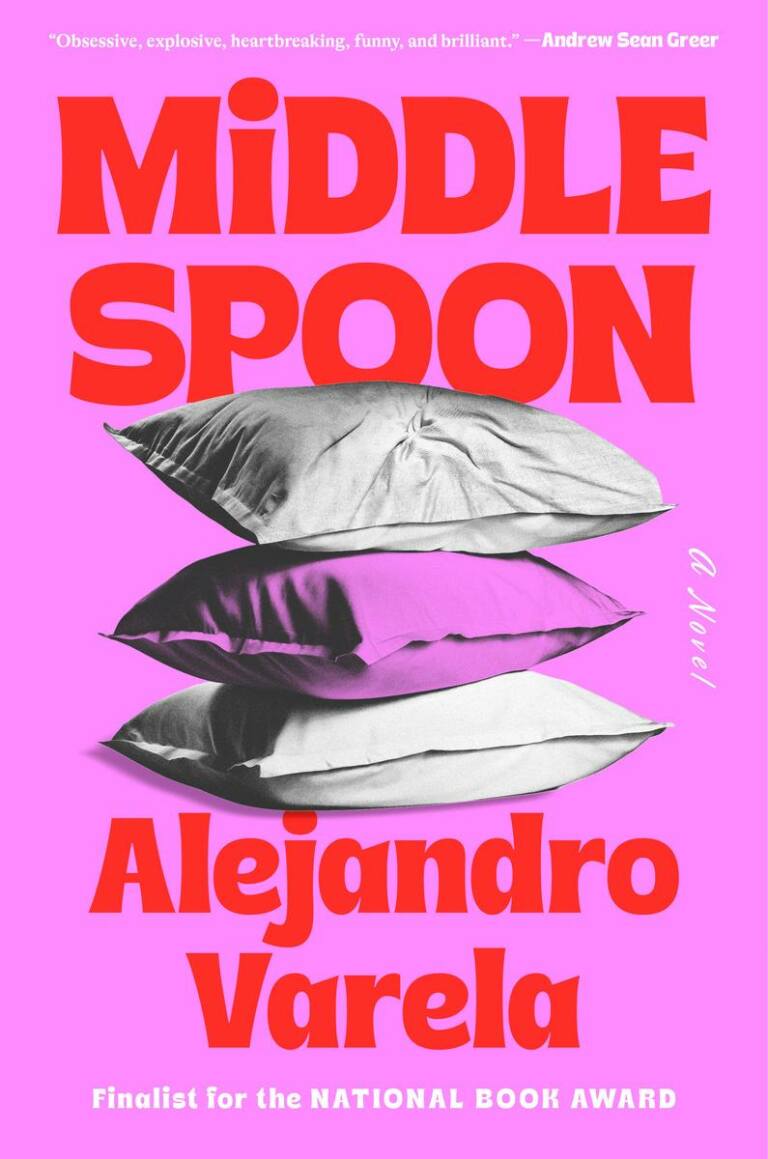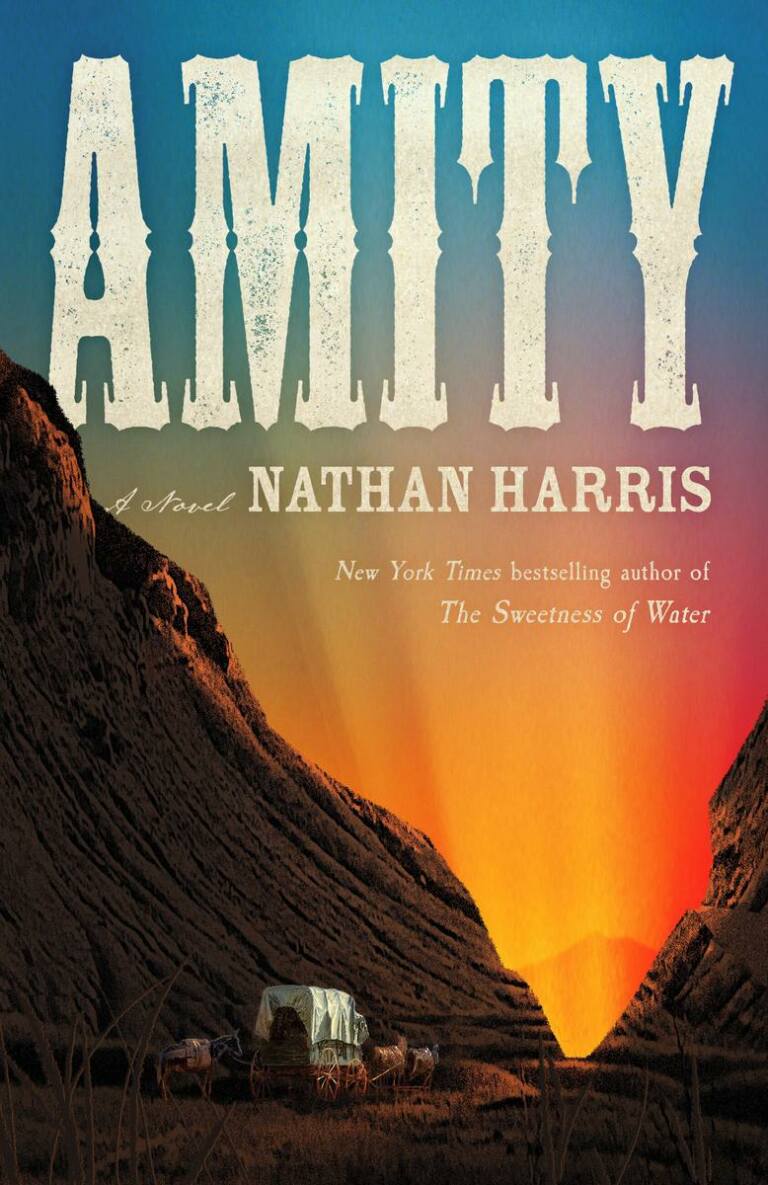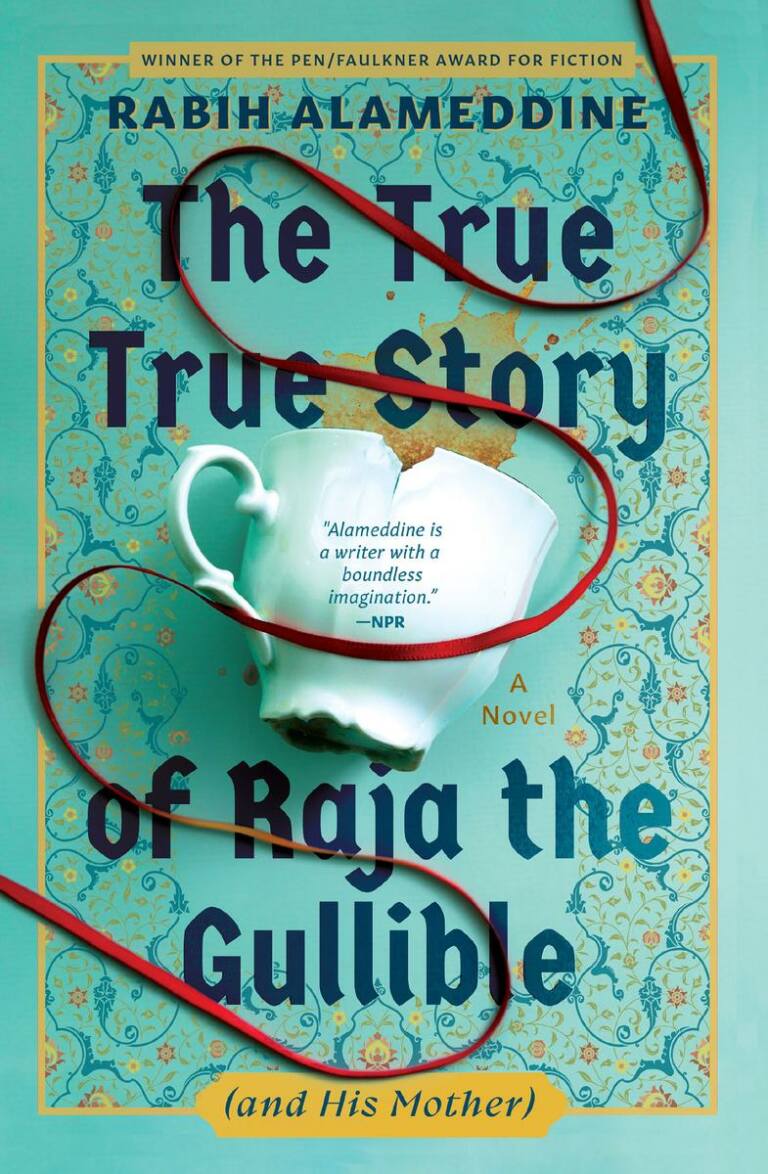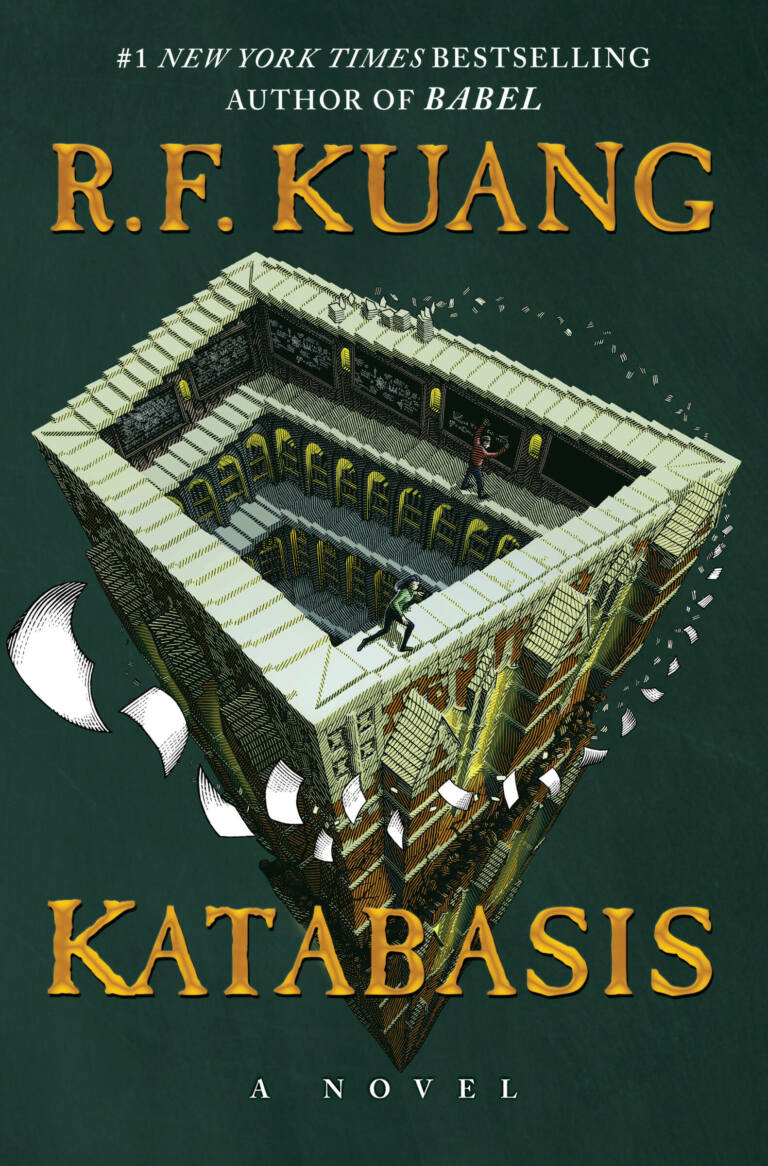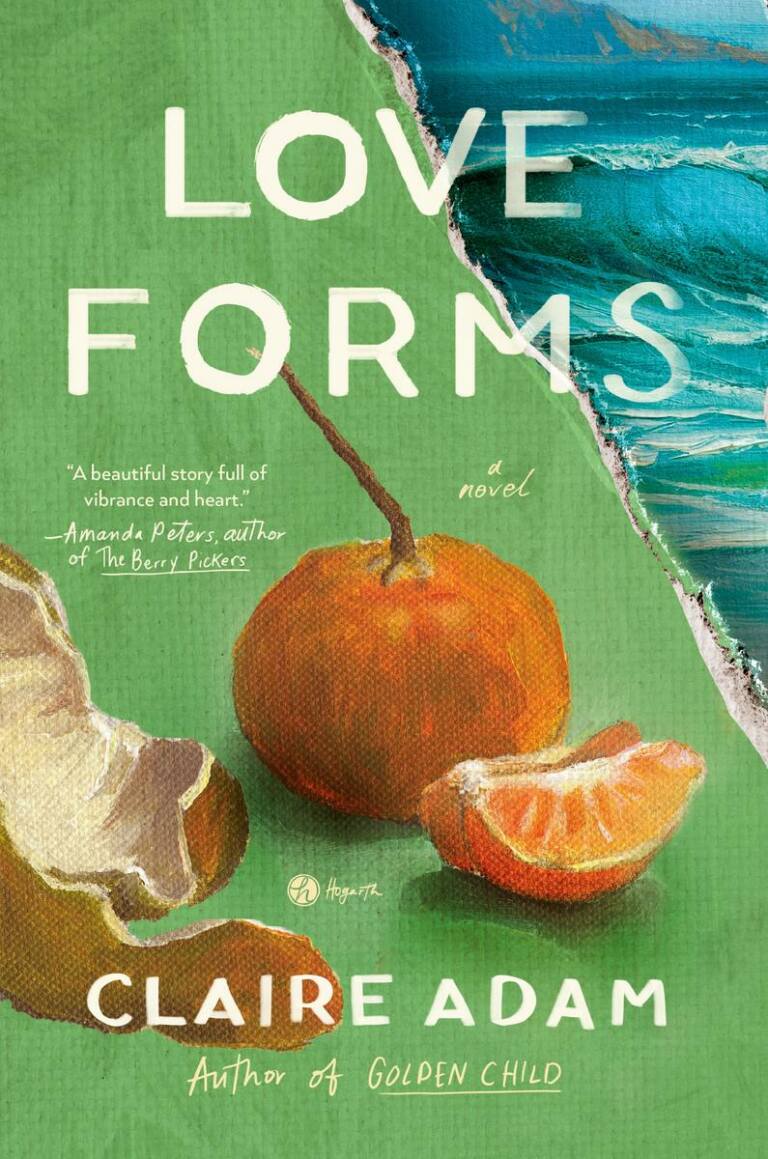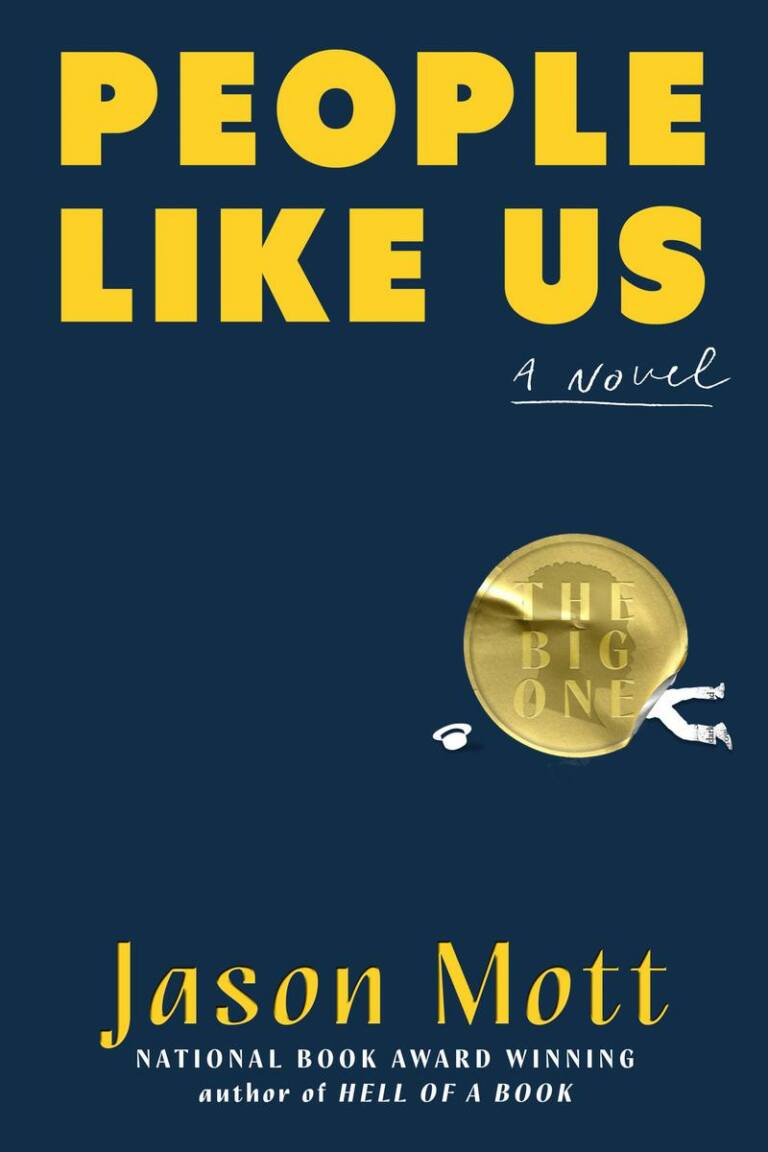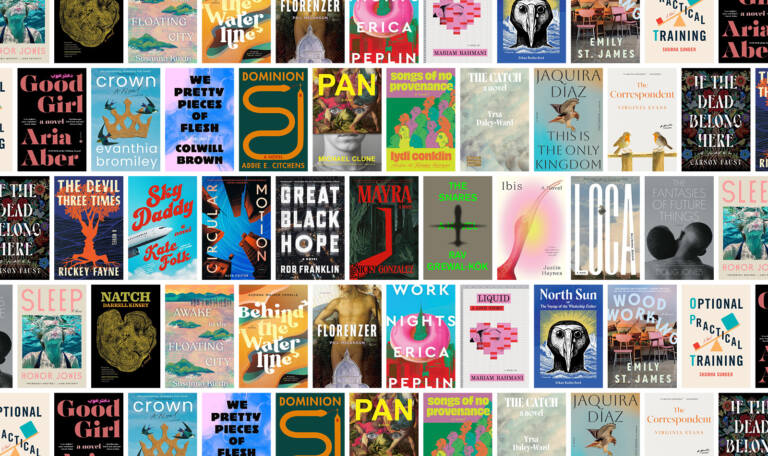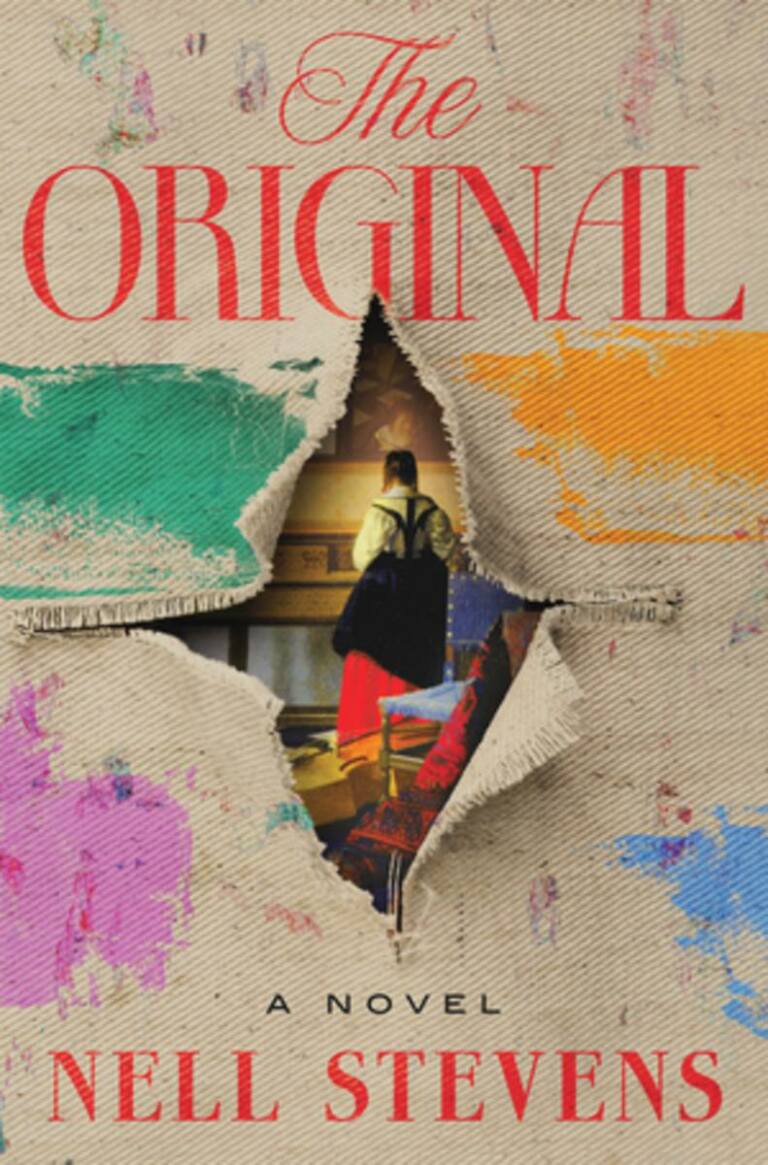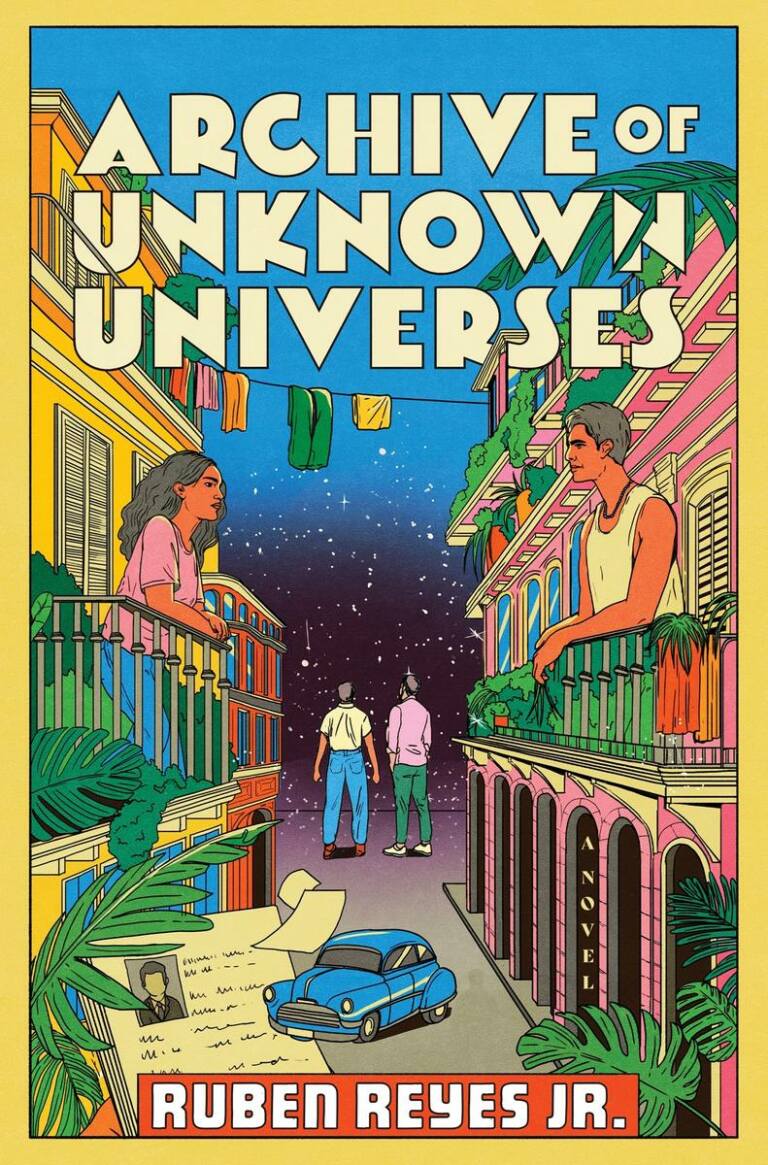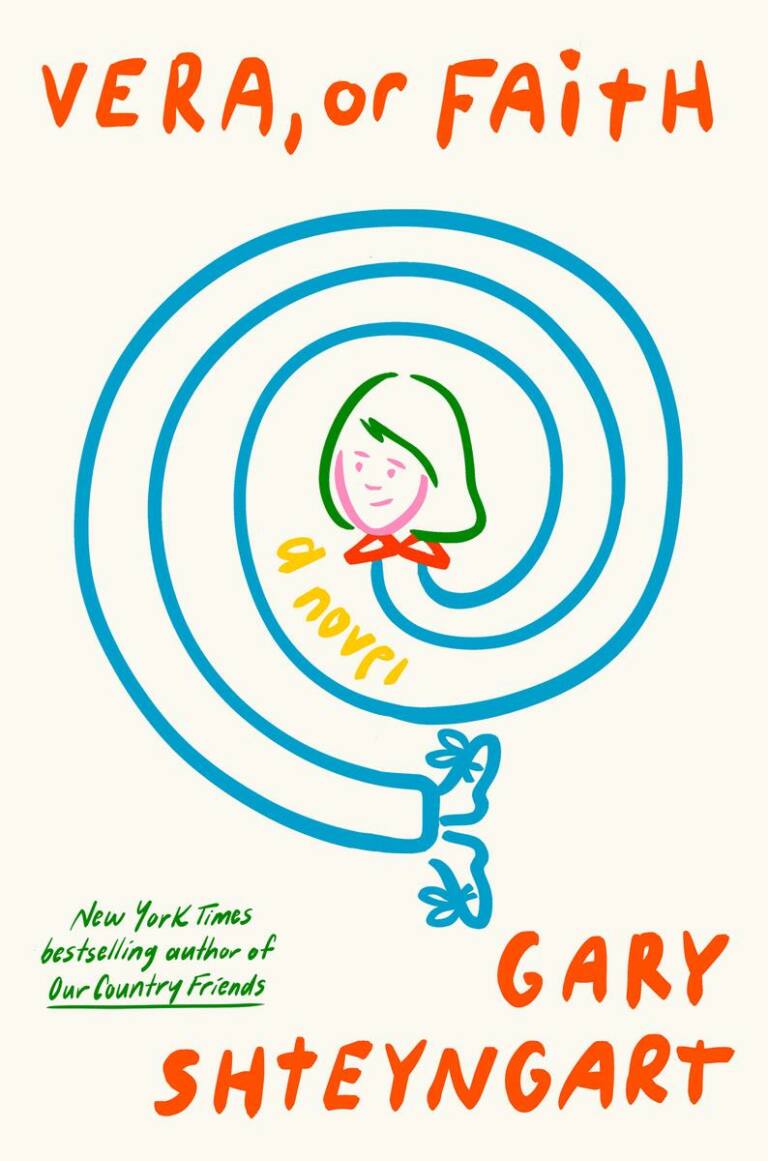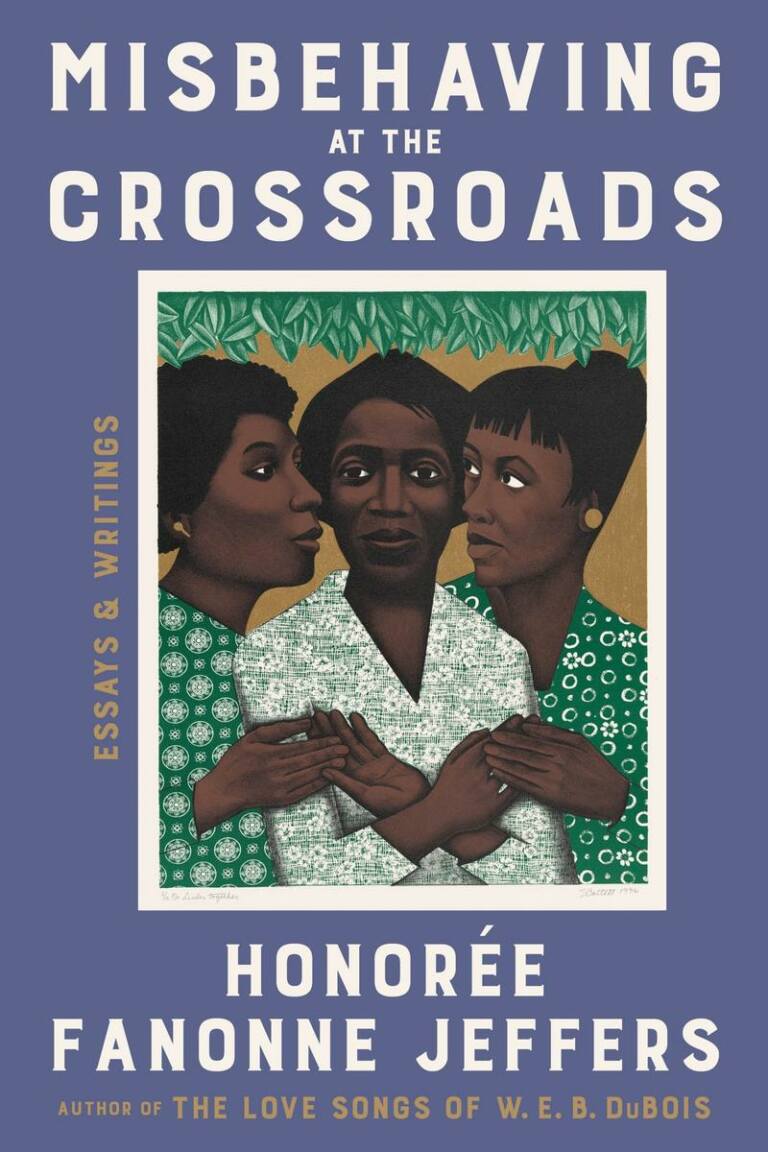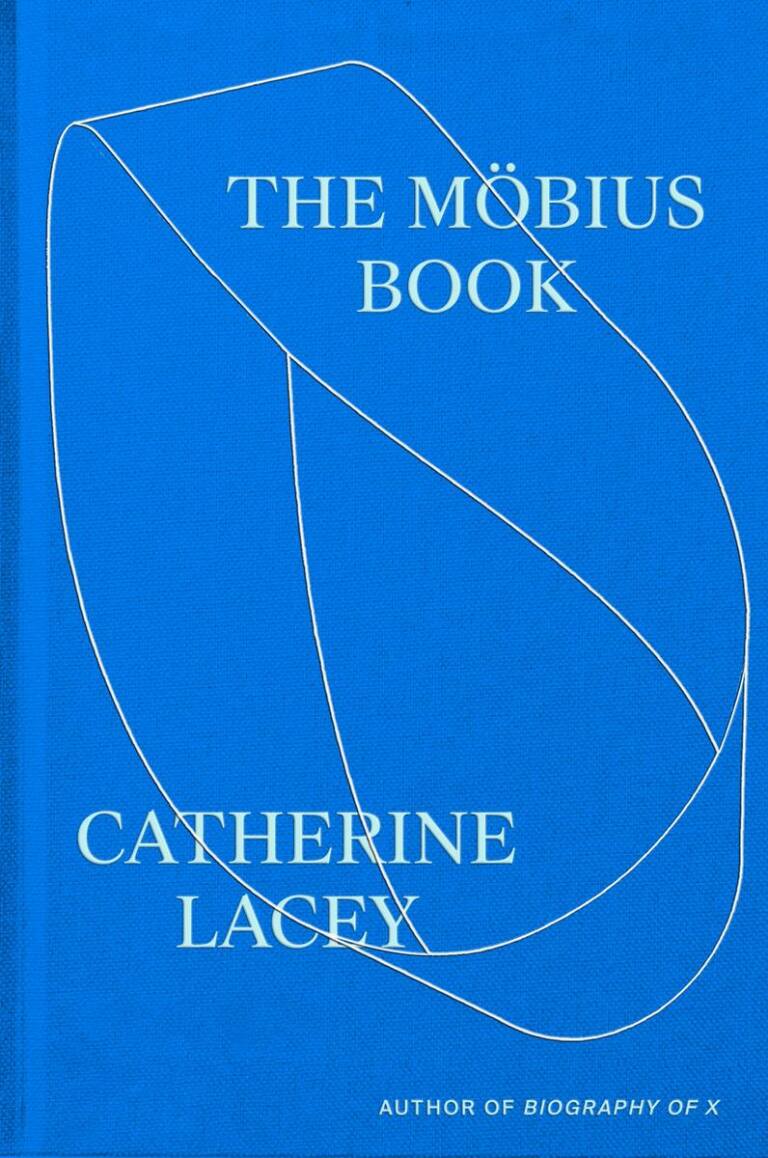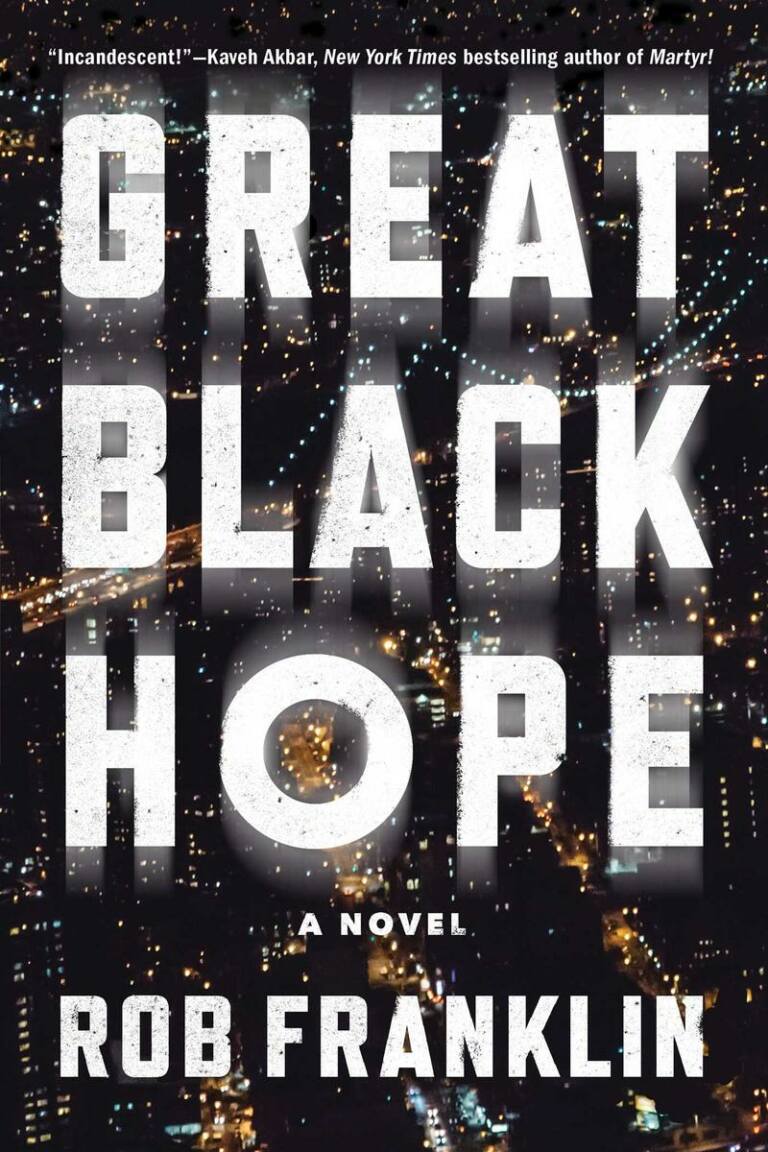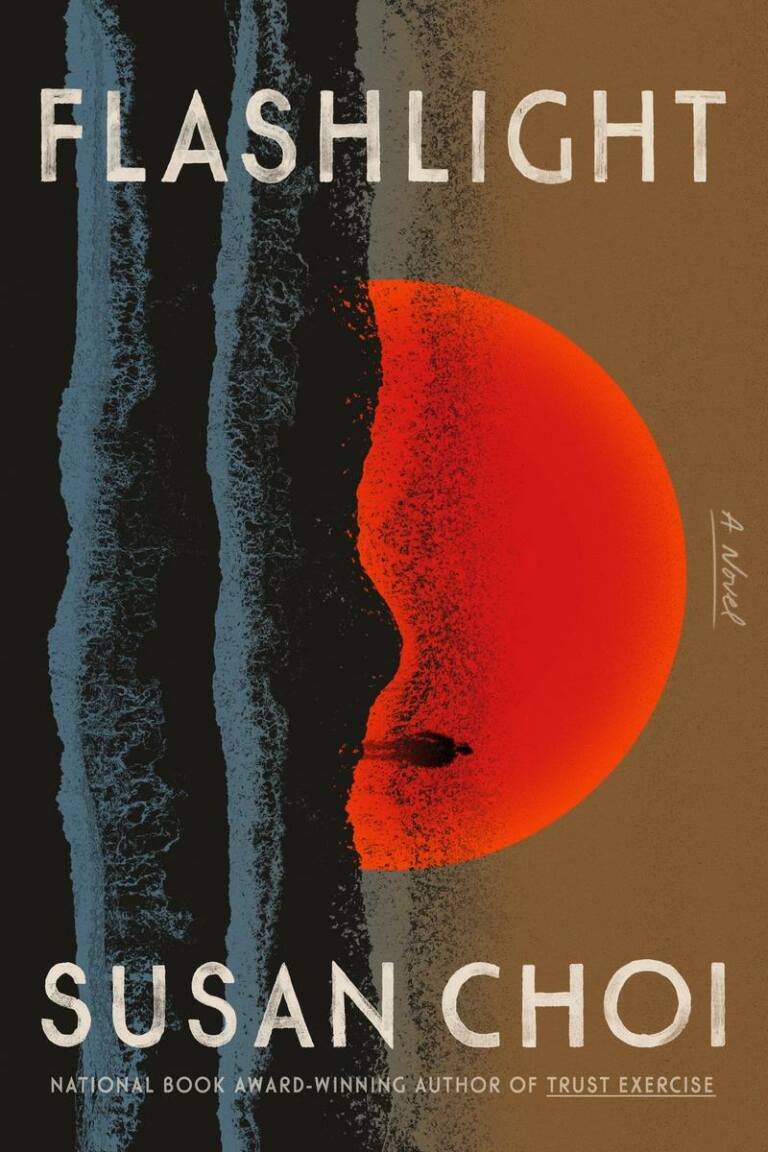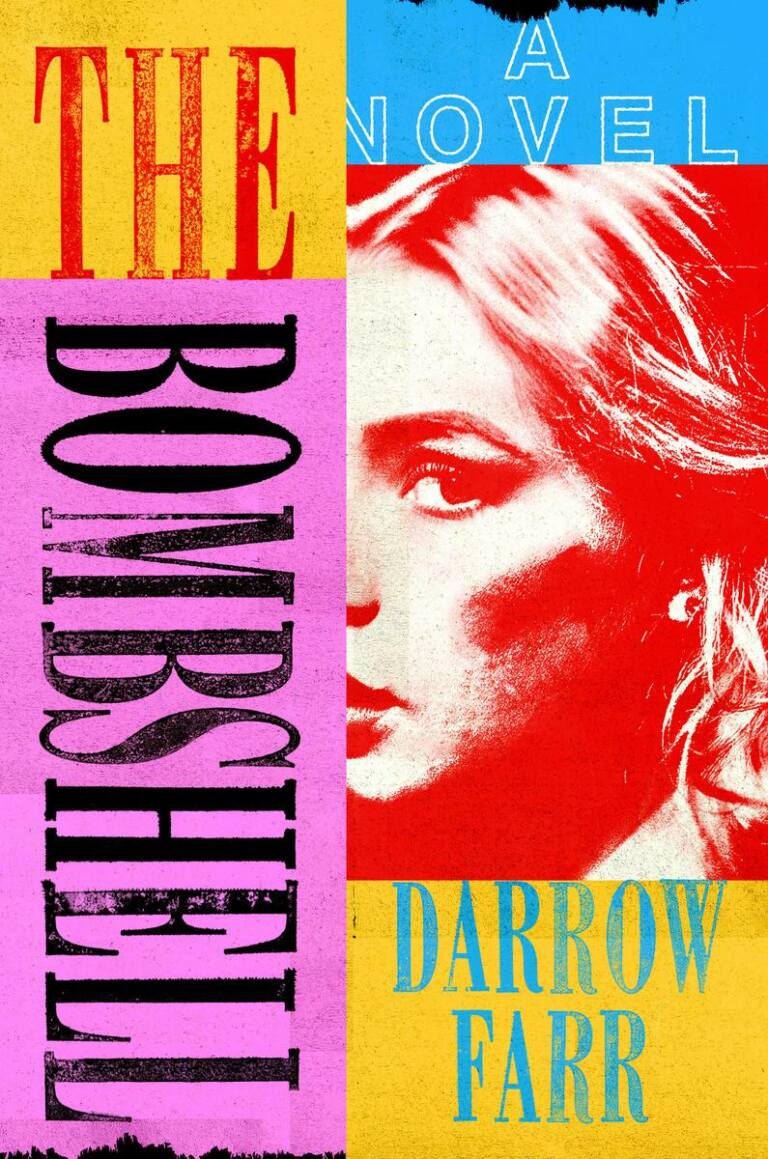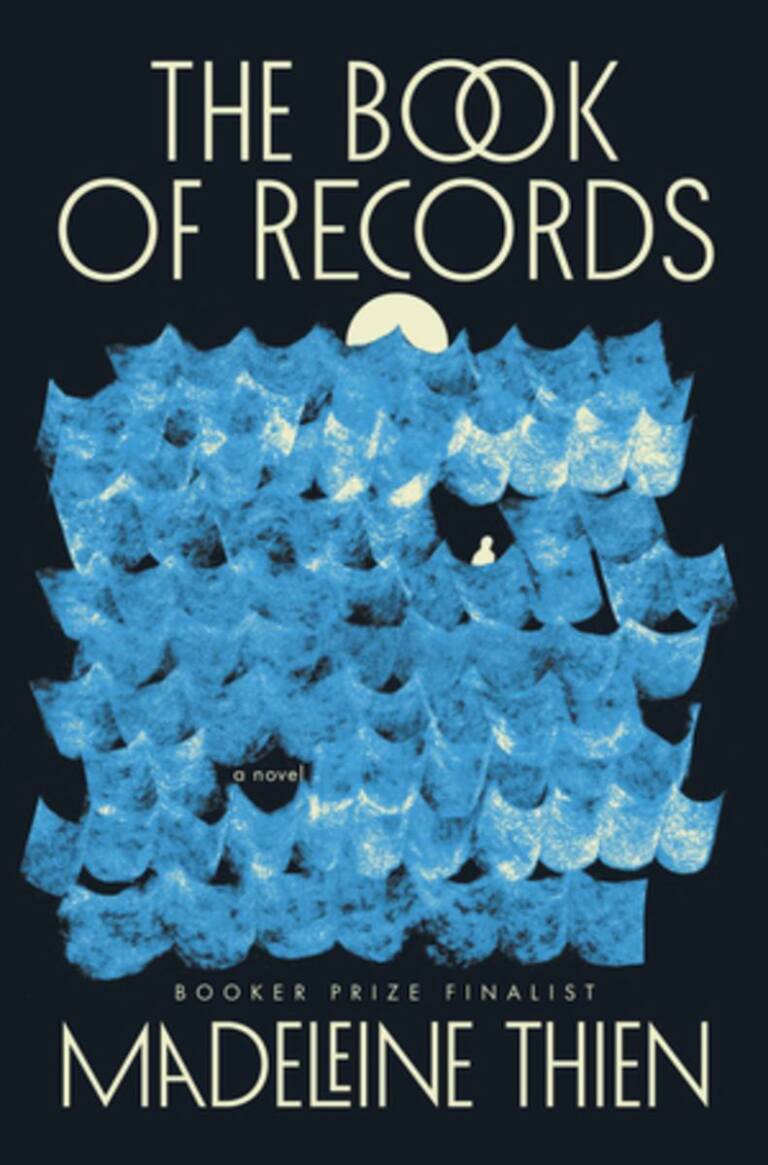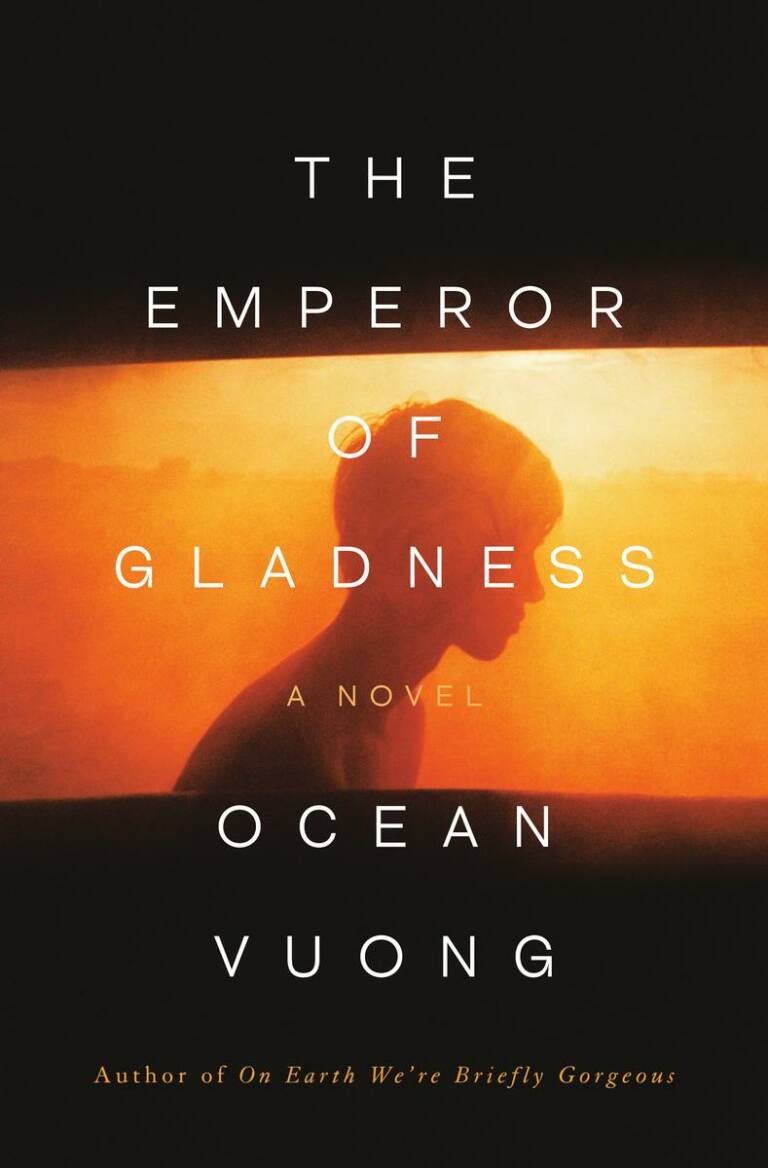October 26, 2024
This week, we head to Chile for a riveting novel about the nuances of power, and to France and Korea for short stories about formidable women. We also feature two nonfiction titles of little-known history—one a chapter in Black migration, the other set in the glamorous, clamorous world of Hollywood. All have broad appeal and gripping narratives that will tell you something new about people and places.
Happy reading,
Melanie Fleishman
Buyer, The Center for Fiction Bookstore
Featured Books
-
.
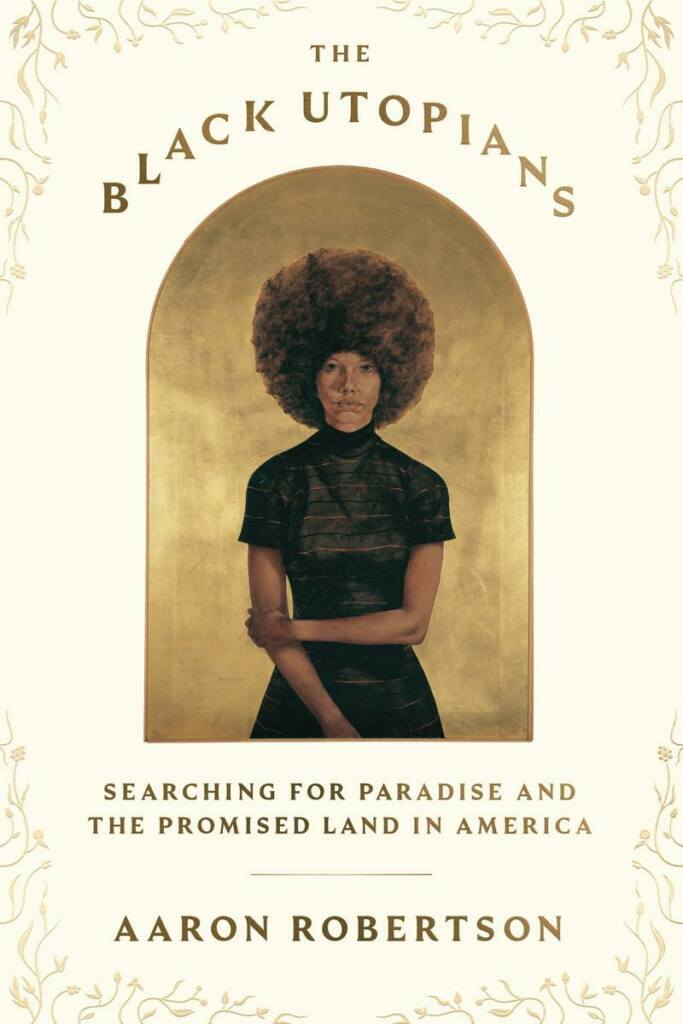
The Black Utopians
By Aaron Robertson
Published by FSG
A fascinating page of 1960s Black history is brought to vibrant life in Robertson’s compelling history-cum-memoir. We travel from an all-Black town in Tennessee (Promise Land, where the author’s grandparents had a farm) to Detroit where Albert Cleage, Jr. founded the Shrine of the Madonna and established the Black Nationalist movement. Cleage was motivated by frustration with the civil rights movement and inspired by such utopian communities as Israeli kibbutzim and Soviet socialist kindergartens. Robertson, a New York-based writer and editor who also translates Italian literature, includes moving letters from his father in this noteworthy narrative for academics and casual readers alike.
-
.
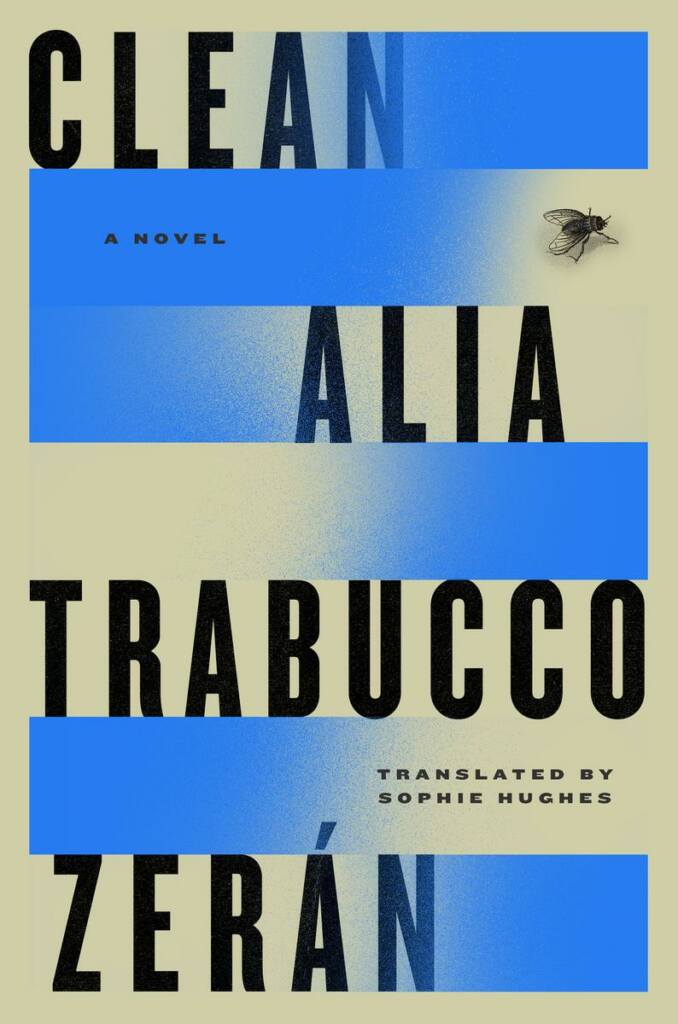
Clean
By Alia Trabucco Zerán
Published by Riverhead
Translated by Sophie Hughes
Estela has been a housecleaner and reluctant nanny for a well-to-do family in Santiago, Chile for seven years when she is brought in for questioning after the family’s young daughter drowns in their swimming pool. As she narrates from an interrogation cell, the reader wonders whether Estela is telling us the full story. She has seen many things she shouldn’t over the years—she knows where the secrets lie and has not been treated well. The mystery of little Julia’s death keeps the reader engaged and Estela’s buried rage adds to the tension of this powerful story of class collision.
.
-
.
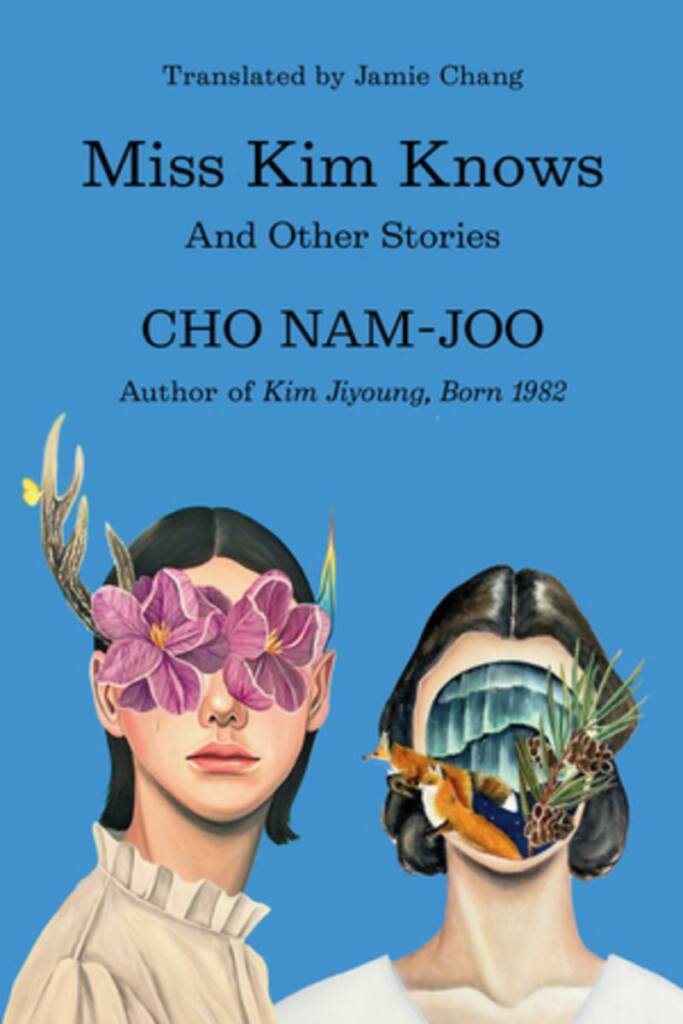
Miss Kim Knows
By Cho Nam-Joo
Published by Liveright
Translated by Jamie Chung
Nam-Joo burst onto the scene in the U.S. at the beginning of the pandemic with her searing feminist novel which was longlisted for the National Book Award. This newly released collection features eight provocative pieces. In the title story, the hardest worker at a company made up of nepotistic hires has been replaced by a young woman who finds that things have mysteriously been going missing. In each story the author explores feisty women, young and old, and their roles in society, at home, at work, in marriages, within family dynamics—all featuring her signature dispassionate prose that is not without a sneaky sense of humor.
-
.
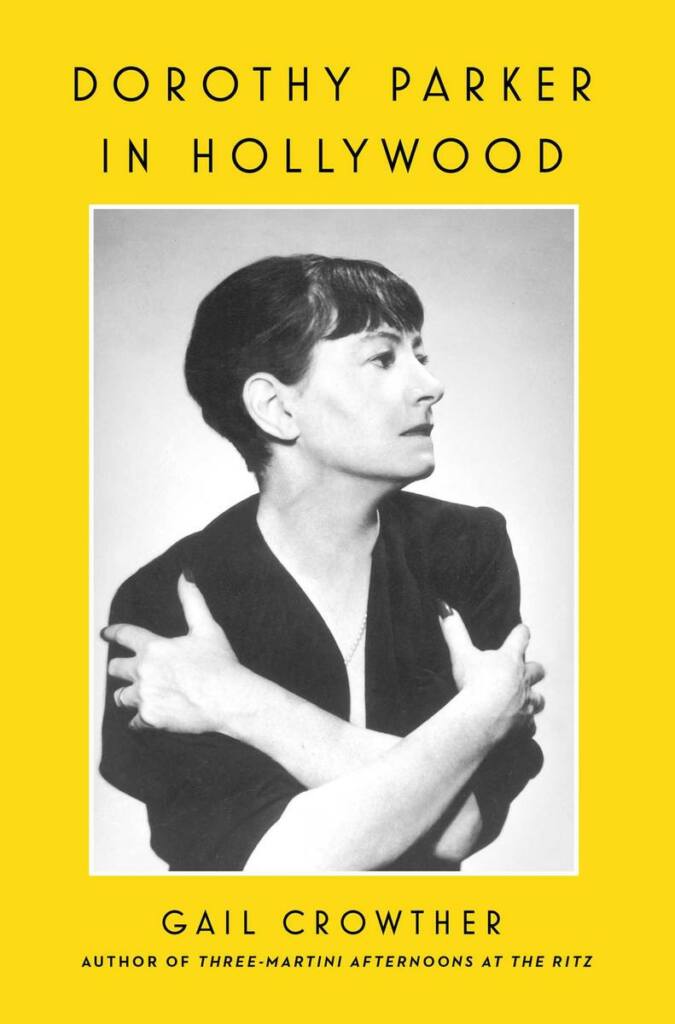
Dorothy Parker in Hollywood
By Gail Crowther
Published by Gallery
There’s more to the story of this famously sharp-tongued member of the Algonquin Round Table than her quipping her way through sodden lunches in the Jazz Age. She was also a notable Hollywood screenwriter, eventually trading midtown hotels in NYC for the Garden of Allah on Sunset Boulevard. We read about stints at the New Yorker, Vogue, and Vanity Fair, and her three marriages—twice to Alan Campbell. (The two were twice nominated for the Oscar for Best Adapted Screenplay, including for 1937’s A Star Is Born.) Her outspoken views landed her on the FBI’s blacklist and, when she died, she left her estate to the NAACP. By focusing on a neglected portion of Parker’s career, Crowther freshly revives this irreverent writer.
.
-
.
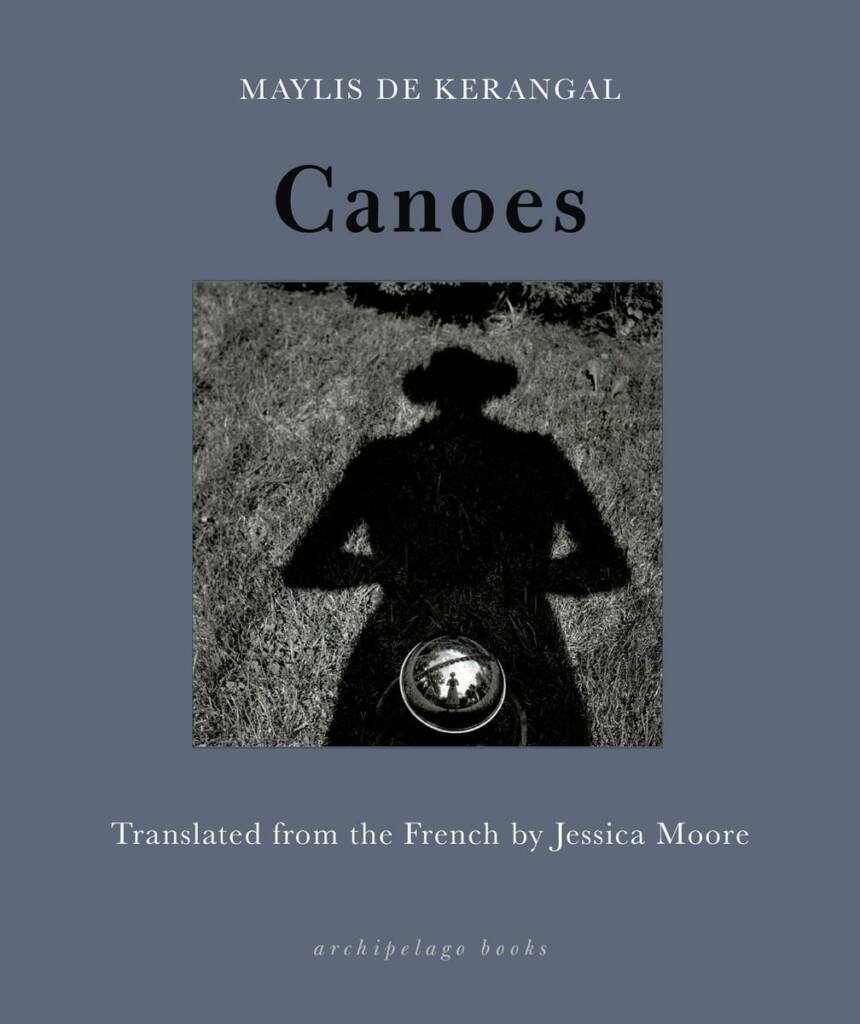
Canoes
By Maylis de Kerangal
Published by Archipelago Books
Translated by Jessica Moore
Mentions of canoes abound, often in subtle ways, in these nine stories. The women protagonists are performers, translators, writers, and a voice actor recording Poe’s “The Raven,” among others. In “Ontario,” a canoe hovers in midair. In the terrific novella, “Mustang” (the car not the horse…), a French woman temporarily transplanted to the small town of Golden, Colorado in the foothills of the Rockies attempts to adapt to culture shock with her son and husband. These interconnected stories are full of surprises and the keen use of language and form we’ve come to admire from de Kerangal’s previous fiction like Painting Time and most recently Eastbound.
